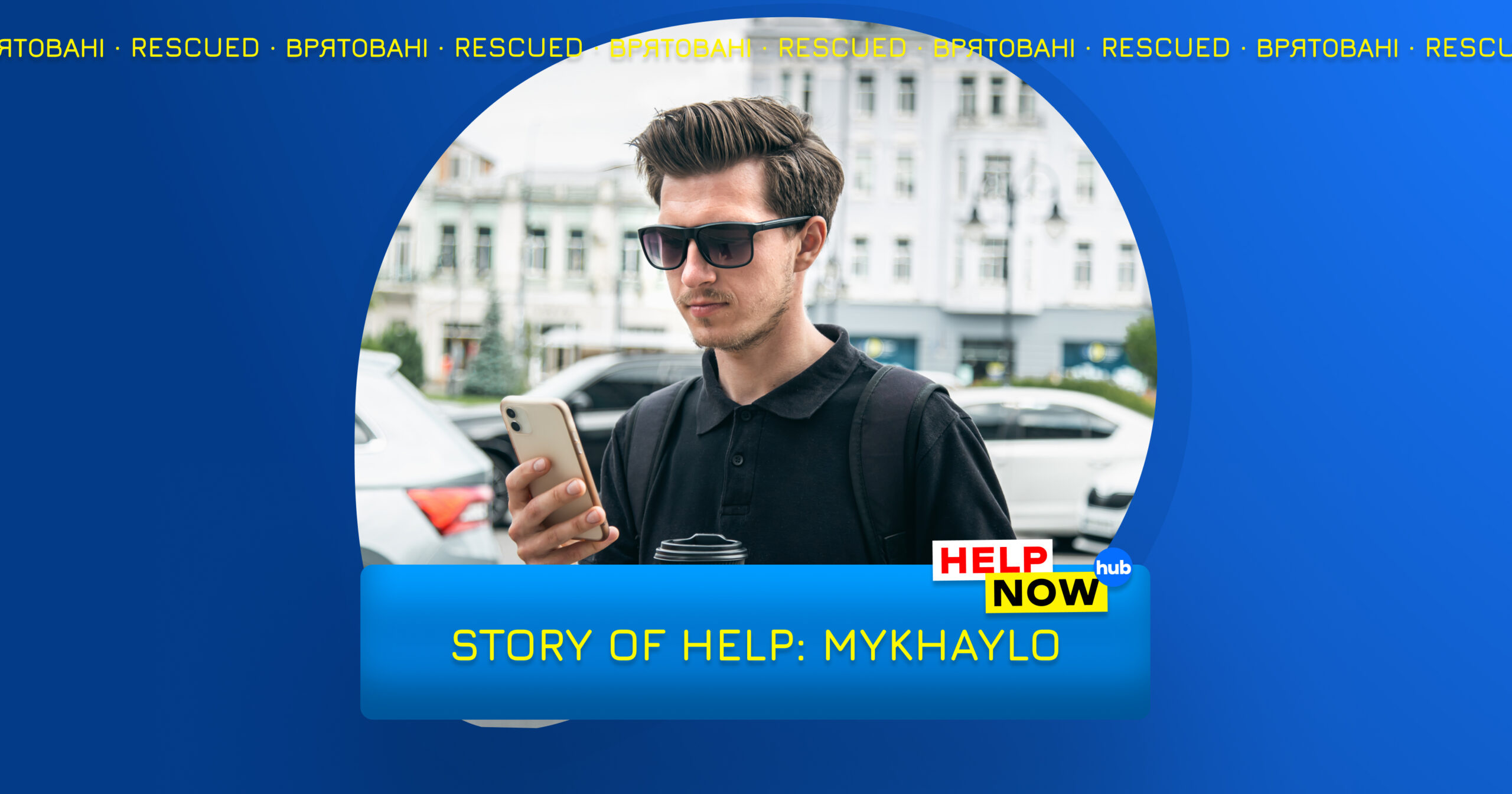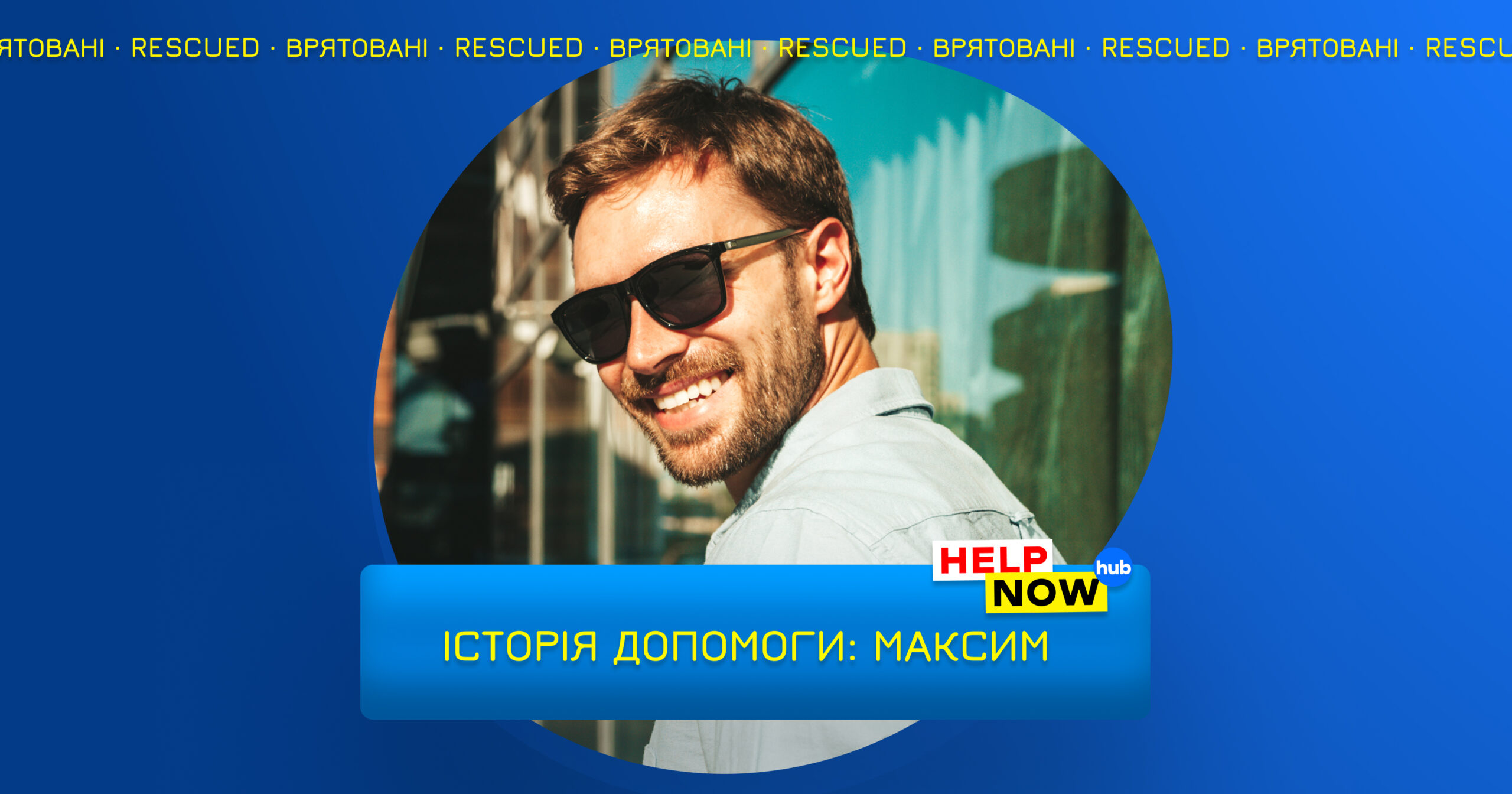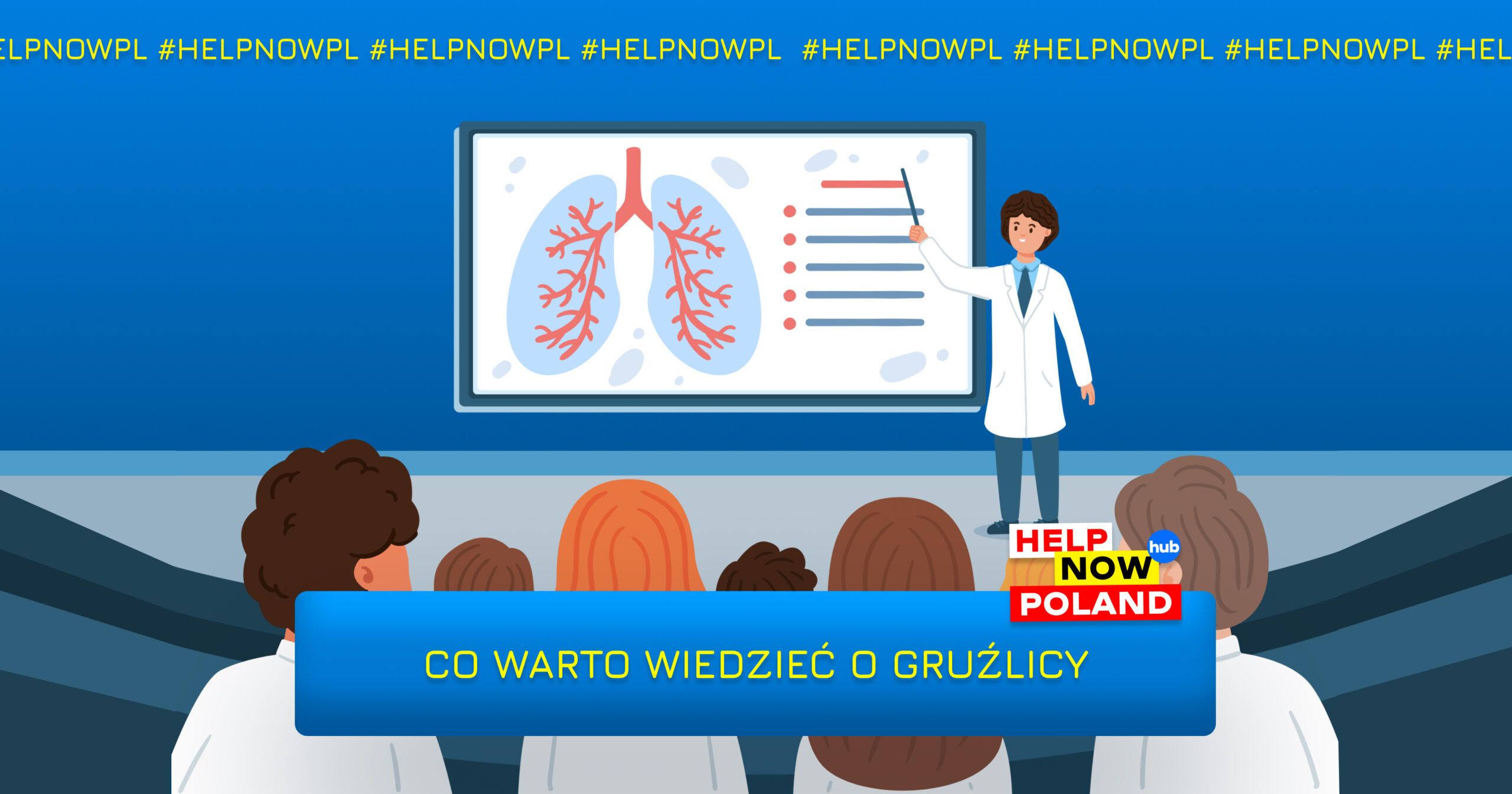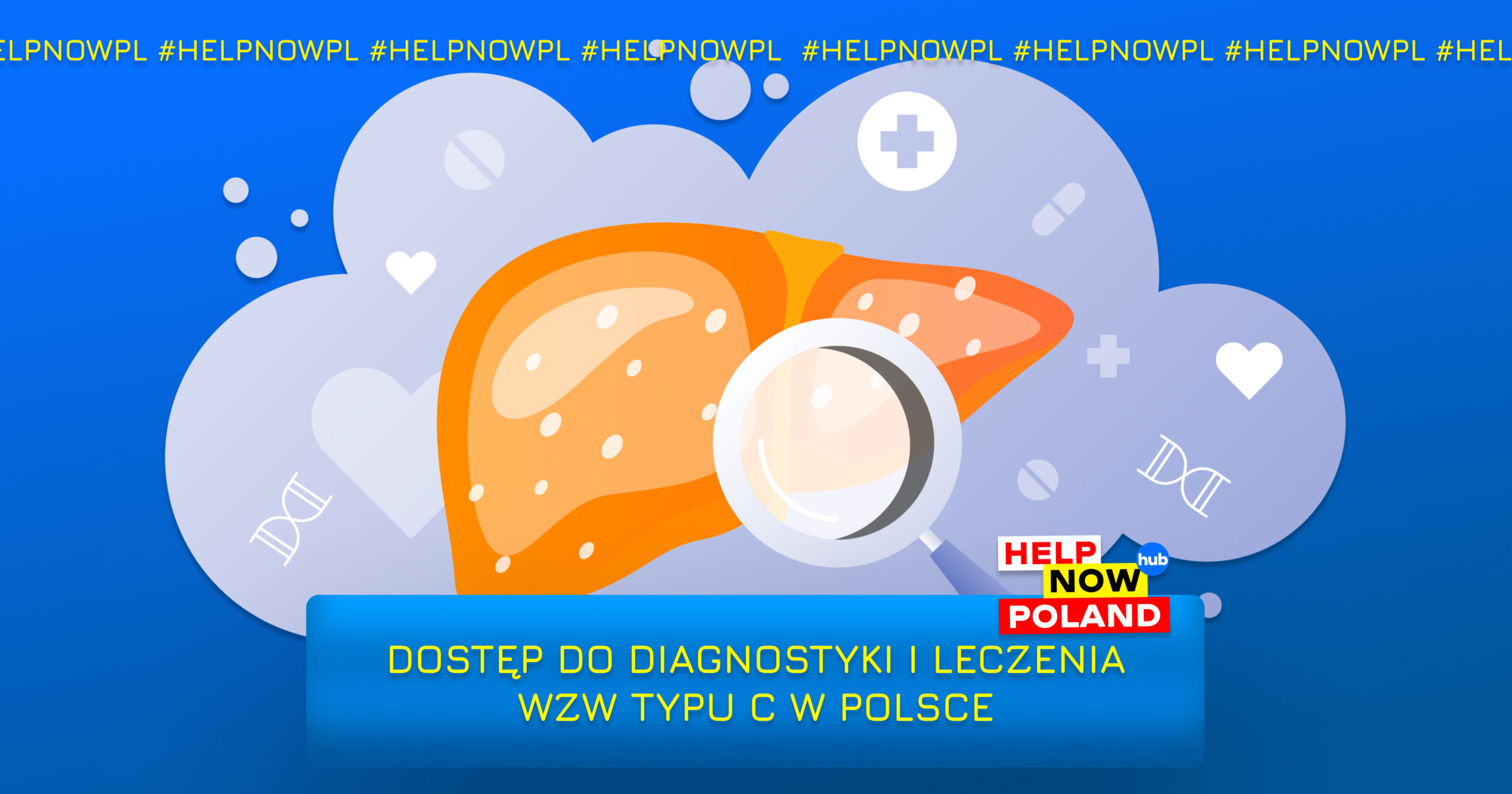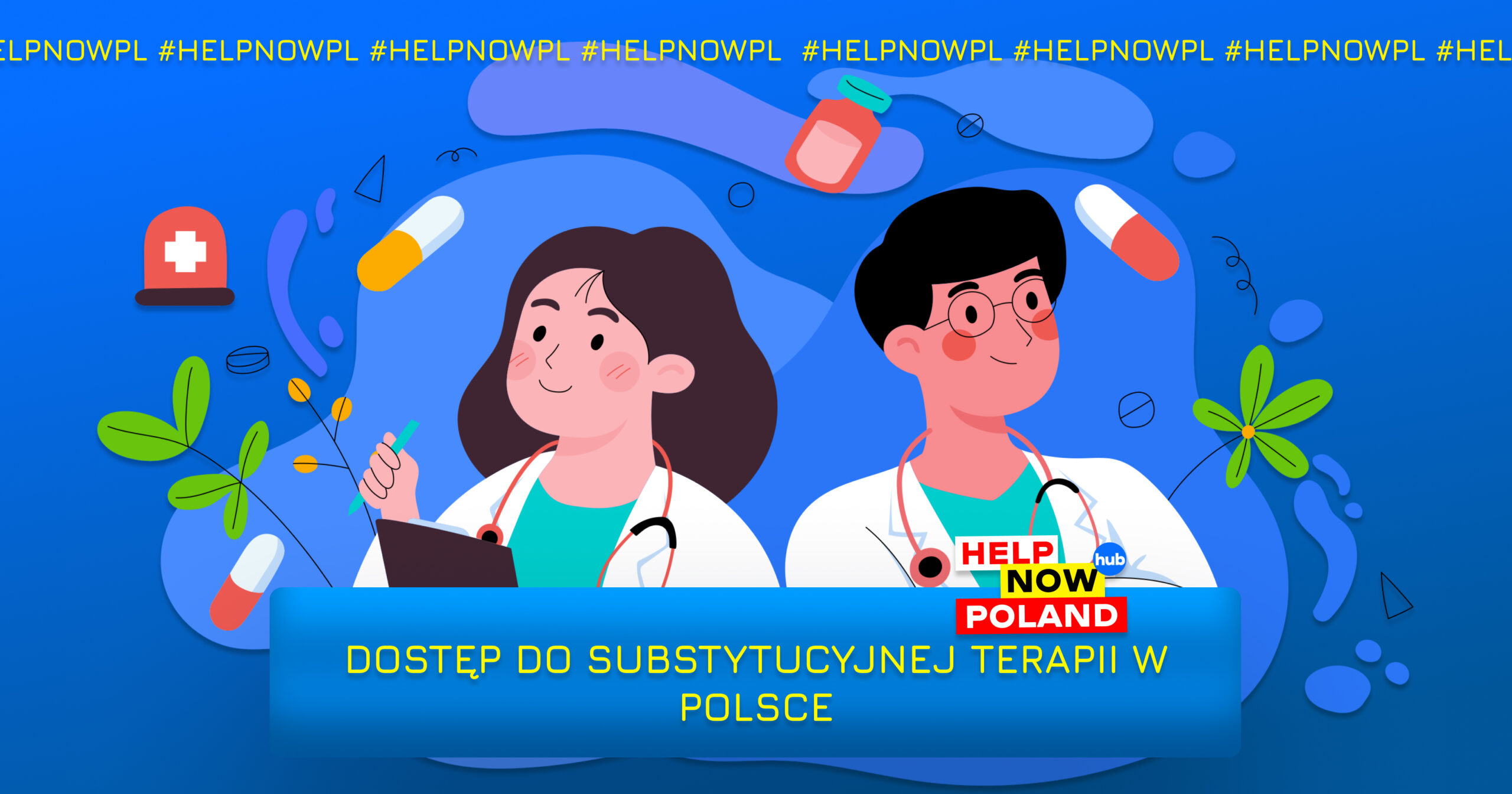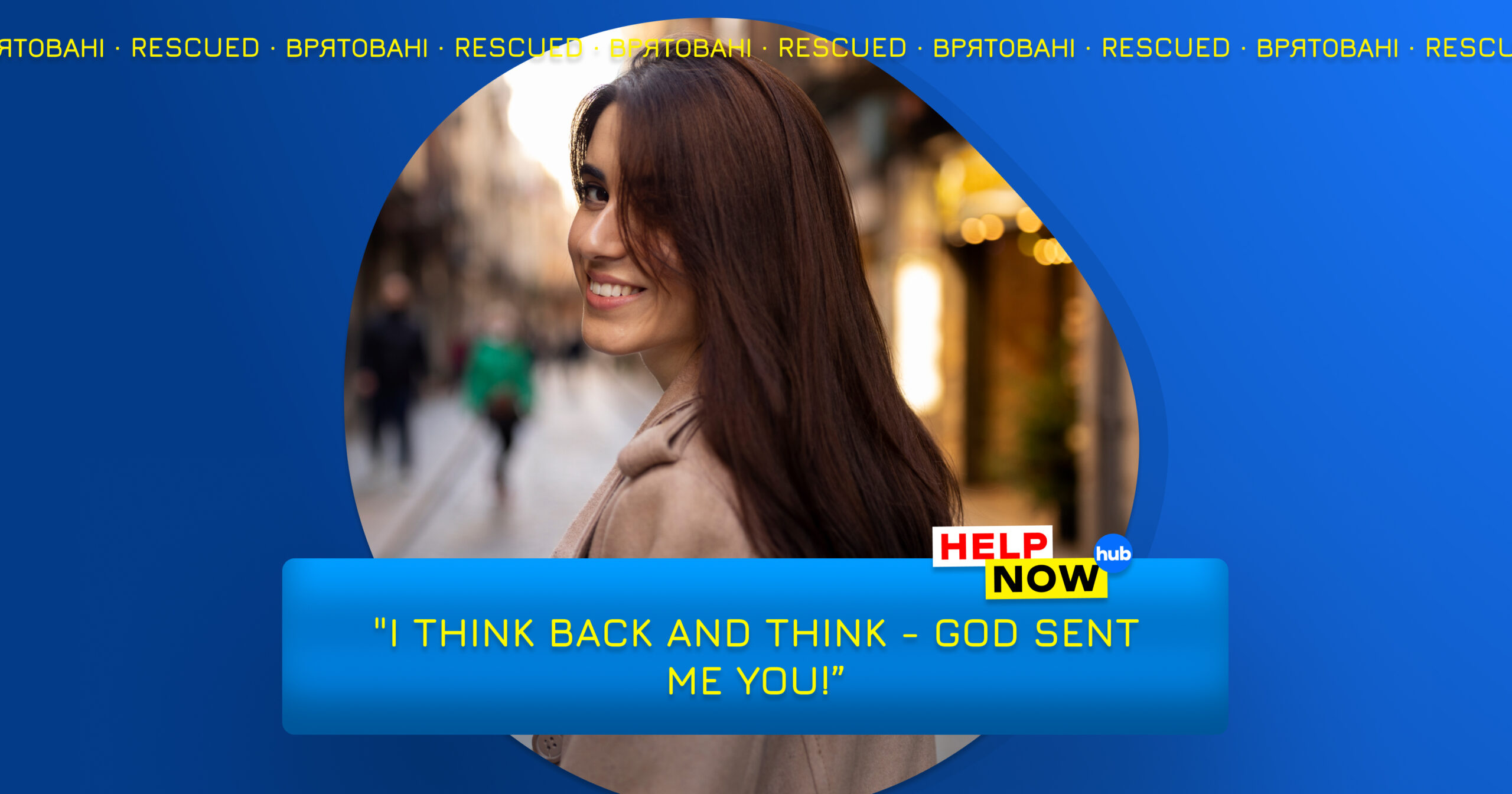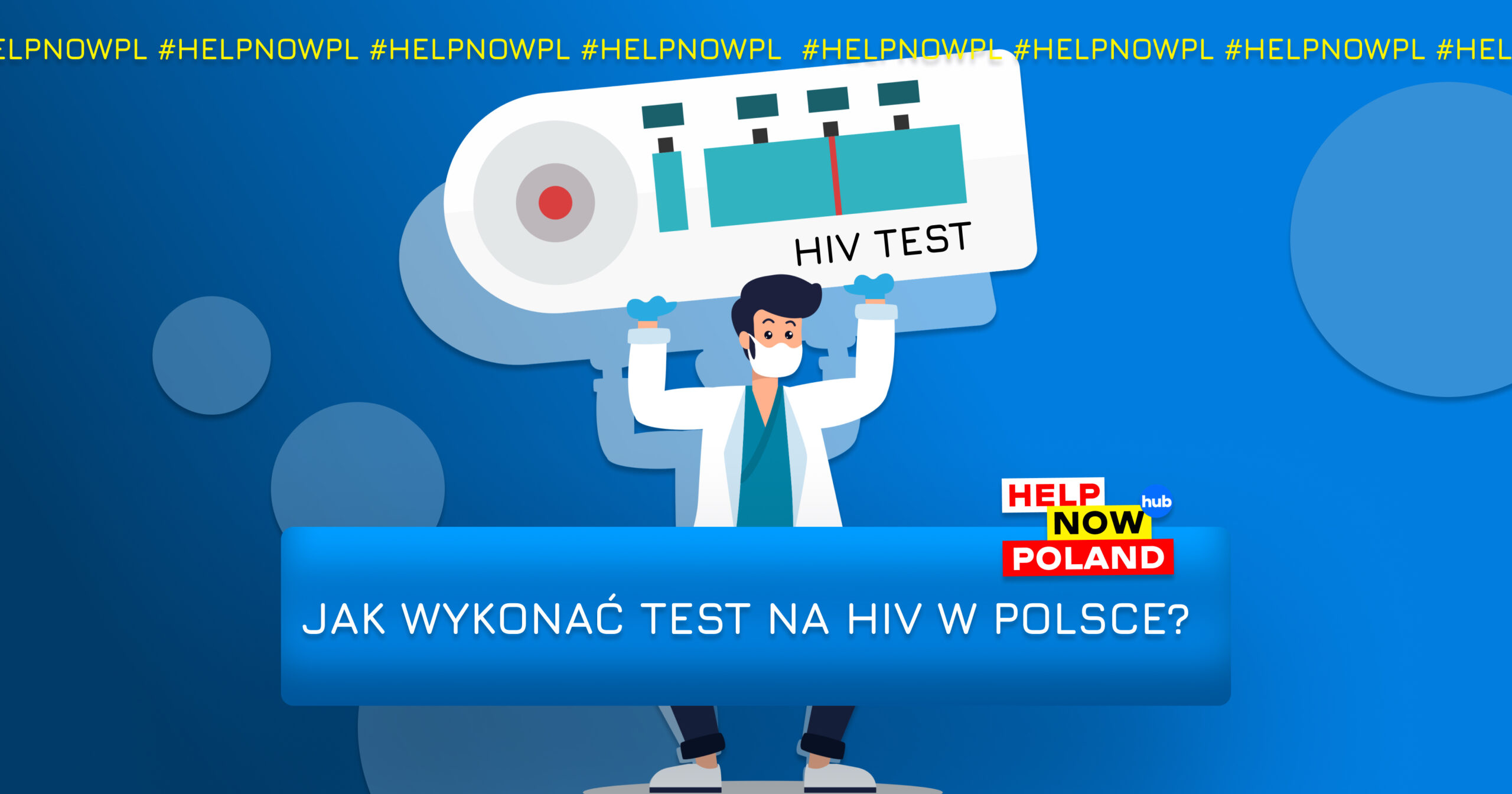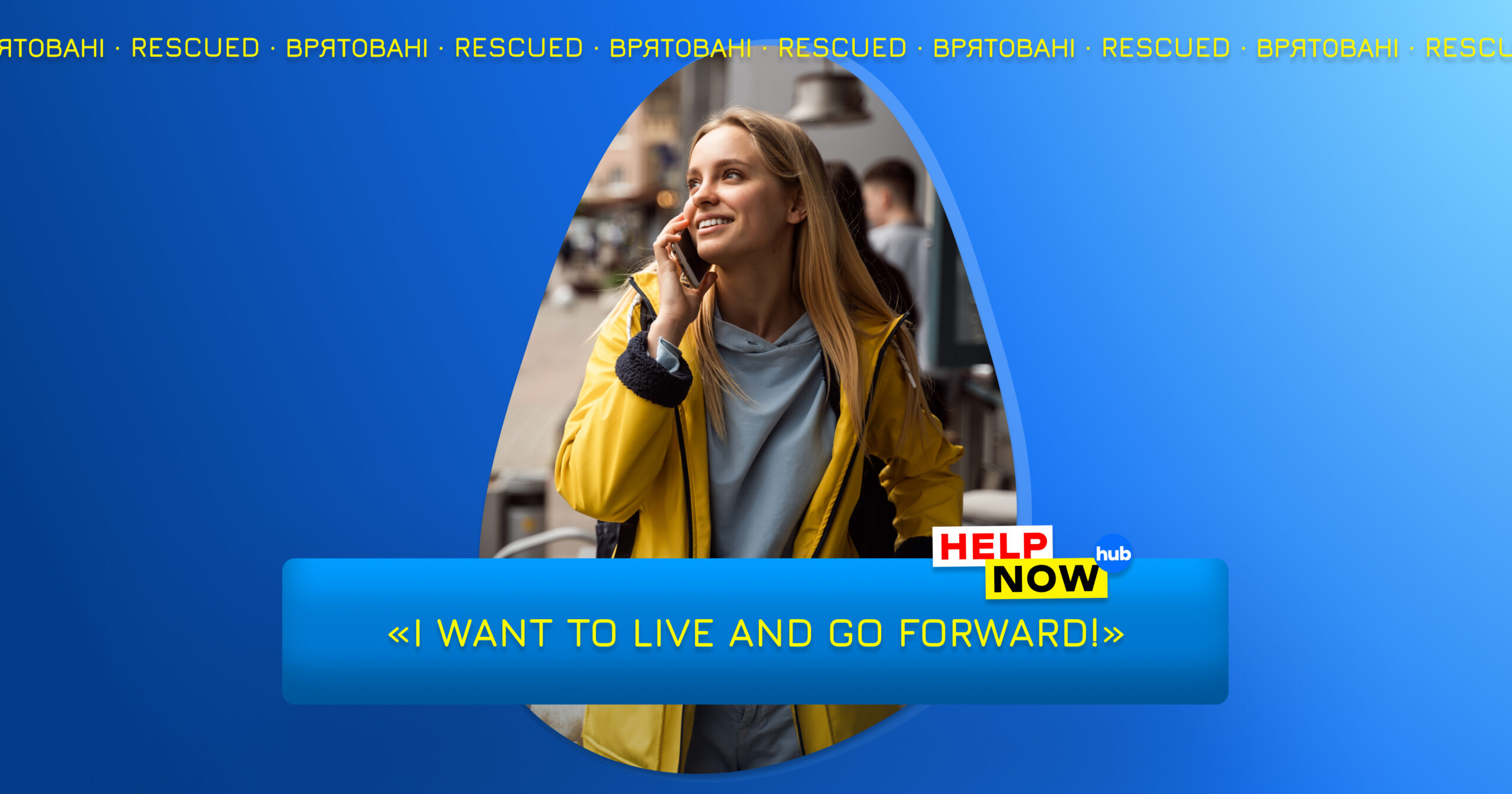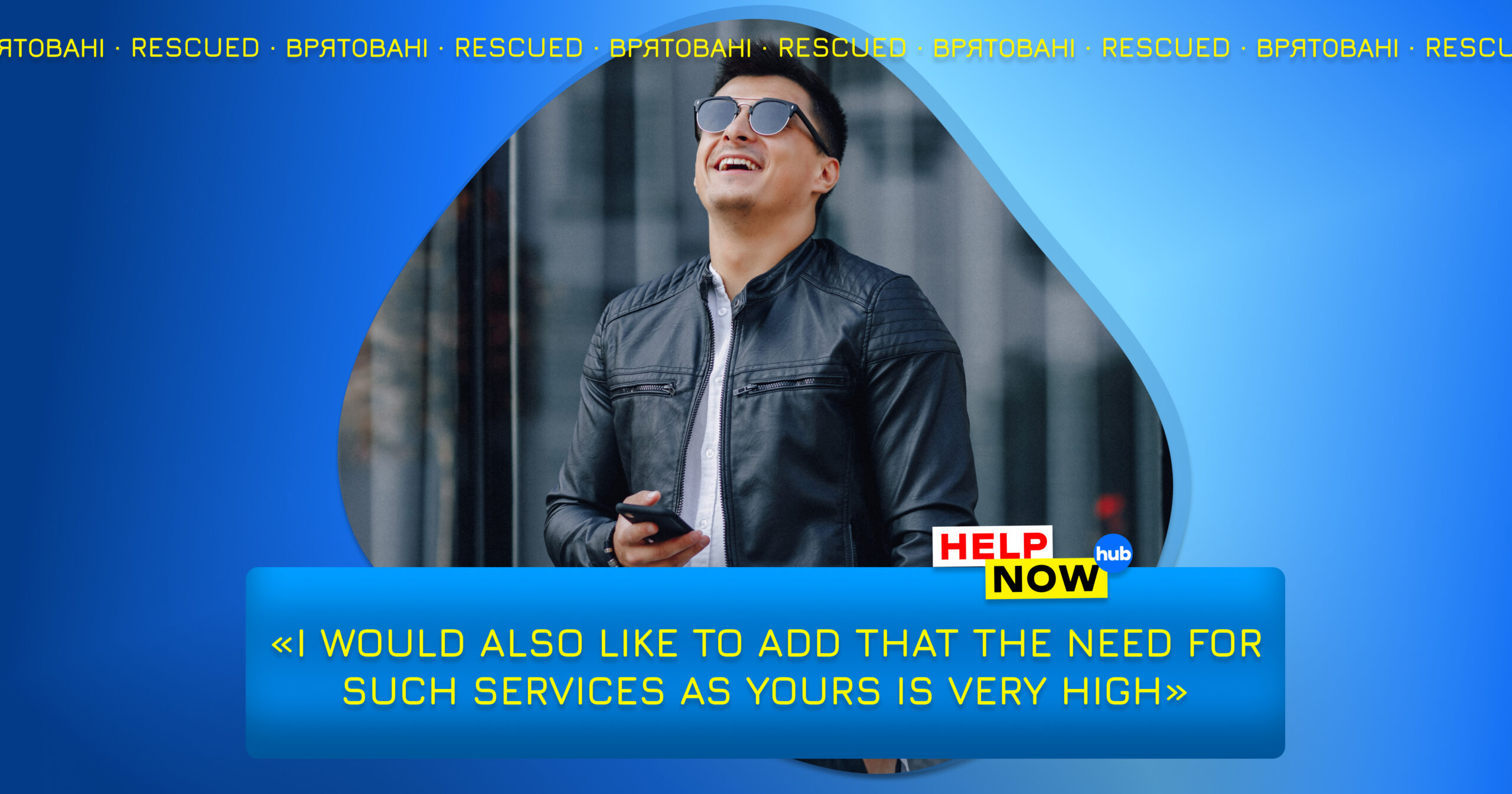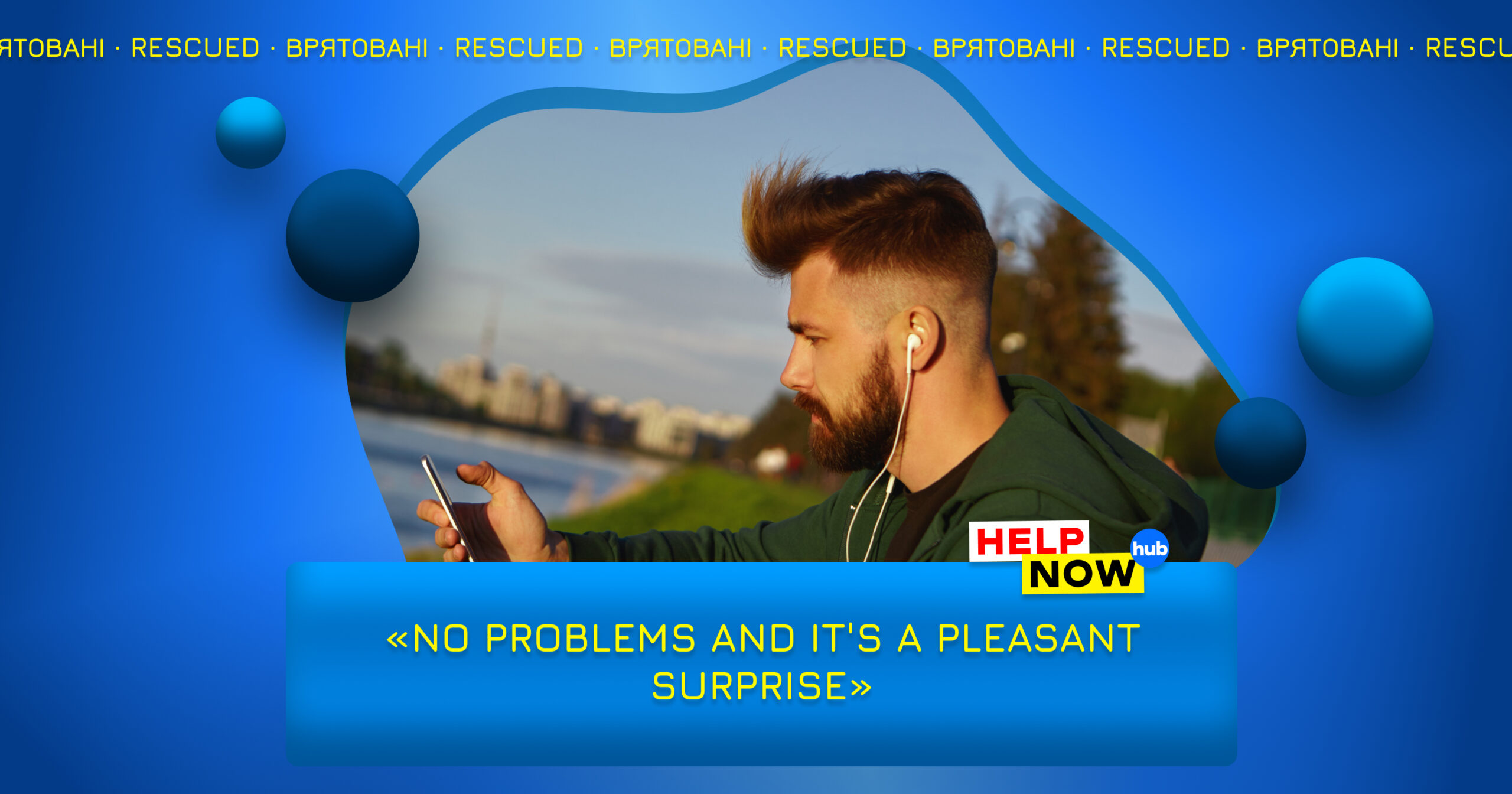Currently, Mykhaylo’s family lives in Zolotonosha district, Cherkasy region. They are originally from Pryvillia, Severodonetsk district, Luhansk region. Mykhaylo, the father, and his son, Oleksandr, were forced to move from their hometown when the boy was diagnosed with a serious illness. Oleksandr was diagnosed with hepatitis C, and the family didn’t know where to start.
One day, Mykhaylo noticed an announcement in the “Humanitarian Aid” group about the HelpNow Service, which mentioned assistance for people with hepatitis C. He decided to reach out, hoping for support. “Your representative responded quickly to my message and provided helpful information on where and how to seek assistance. We followed all the recommendations for further comprehensive examination,” he says.
Thanks to the HelpNow service, Mykhaylo and Oleksandr managed to visit their family doctor and started following the recommendations for more detailed examinations. Tests were conducted, and the family visited the hepatitis clinic, where the doctor prescribed additional liver elastography and scheduled an appointment for the boy.
A few days later, Mykhaylo and Oleksandr returned to the doctor’s office with the examination results. Their son emerged from the medical office with six boxes of medication prescribed for treating hepatitis C. It was a great hope for victory over this cunning disease!
“There were some negative moments, particularly when they didn’t allow me to enter the doctor’s office with my son due to the infectious nature of the department. However, I later understood the necessity of these measures to prevent the spread of the disease. It is important to follow all the necessary procedures and recommendations to ensure proper treatment and the health of Oleksandr. We are immensely grateful for the assistance you provided,” Mykhaylo shares.
Thus, a new chapter began in the lives of Mykhaylo, Oleksandr, and their family. They are hopeful for victory over hepatitis C and are ready to fight for their son’s health, supporting each other on this challenging journey.

